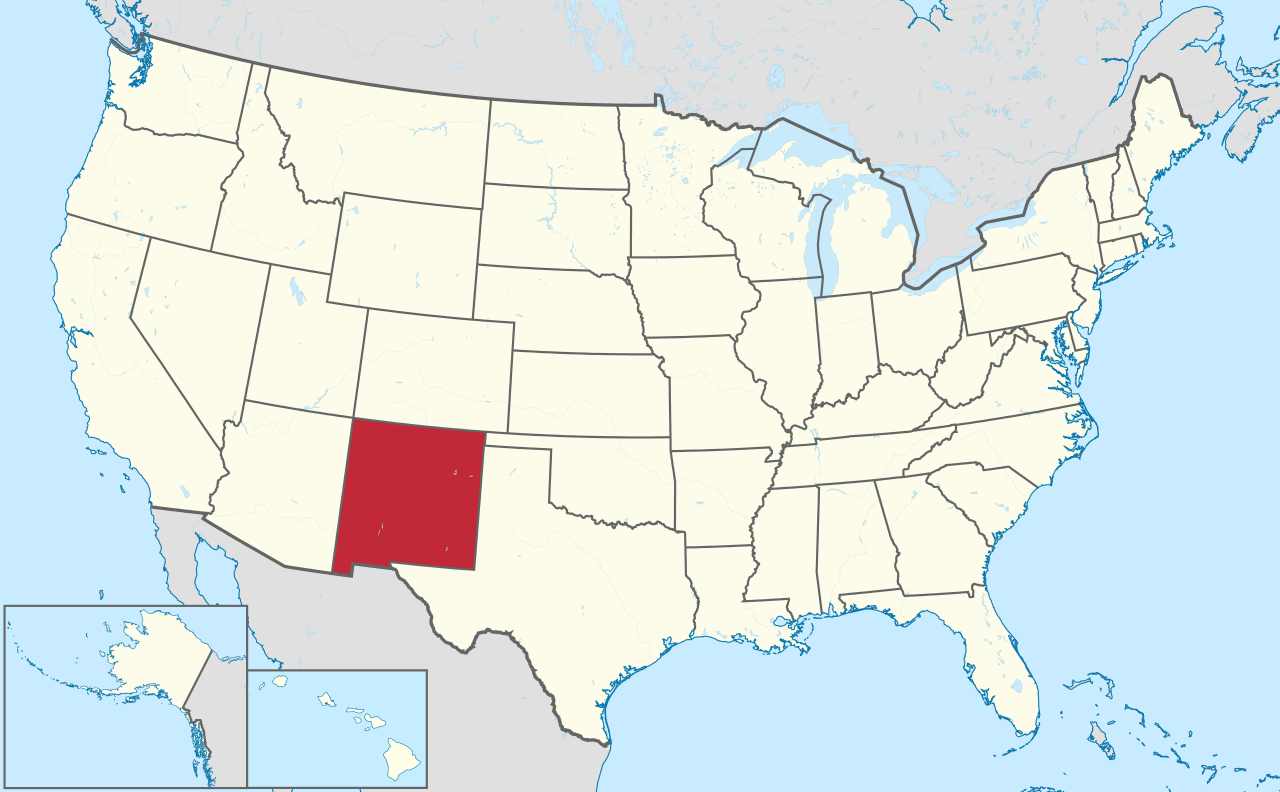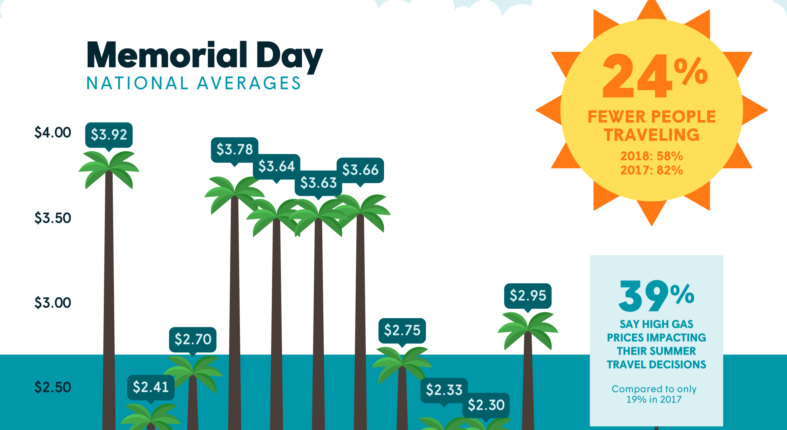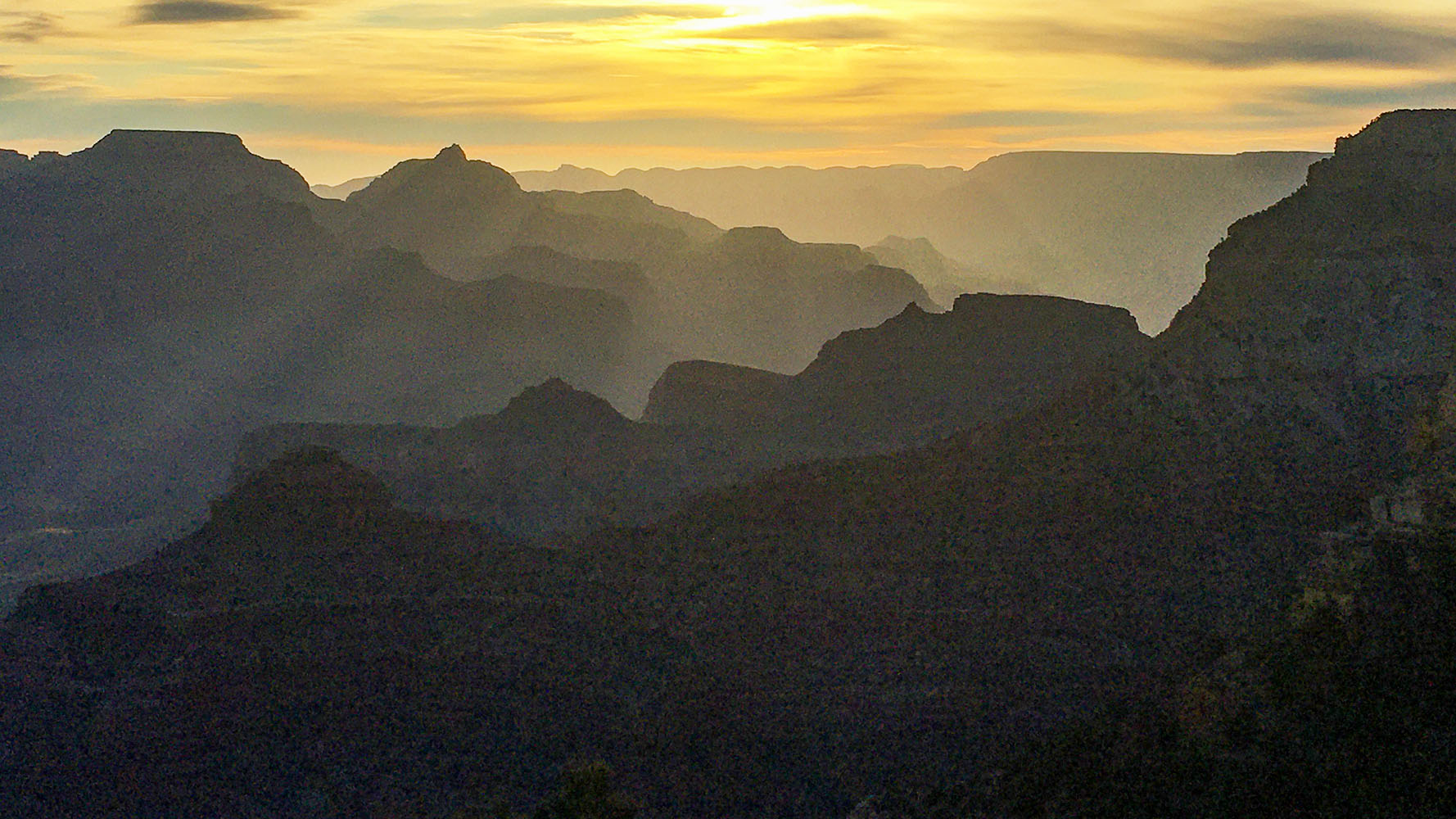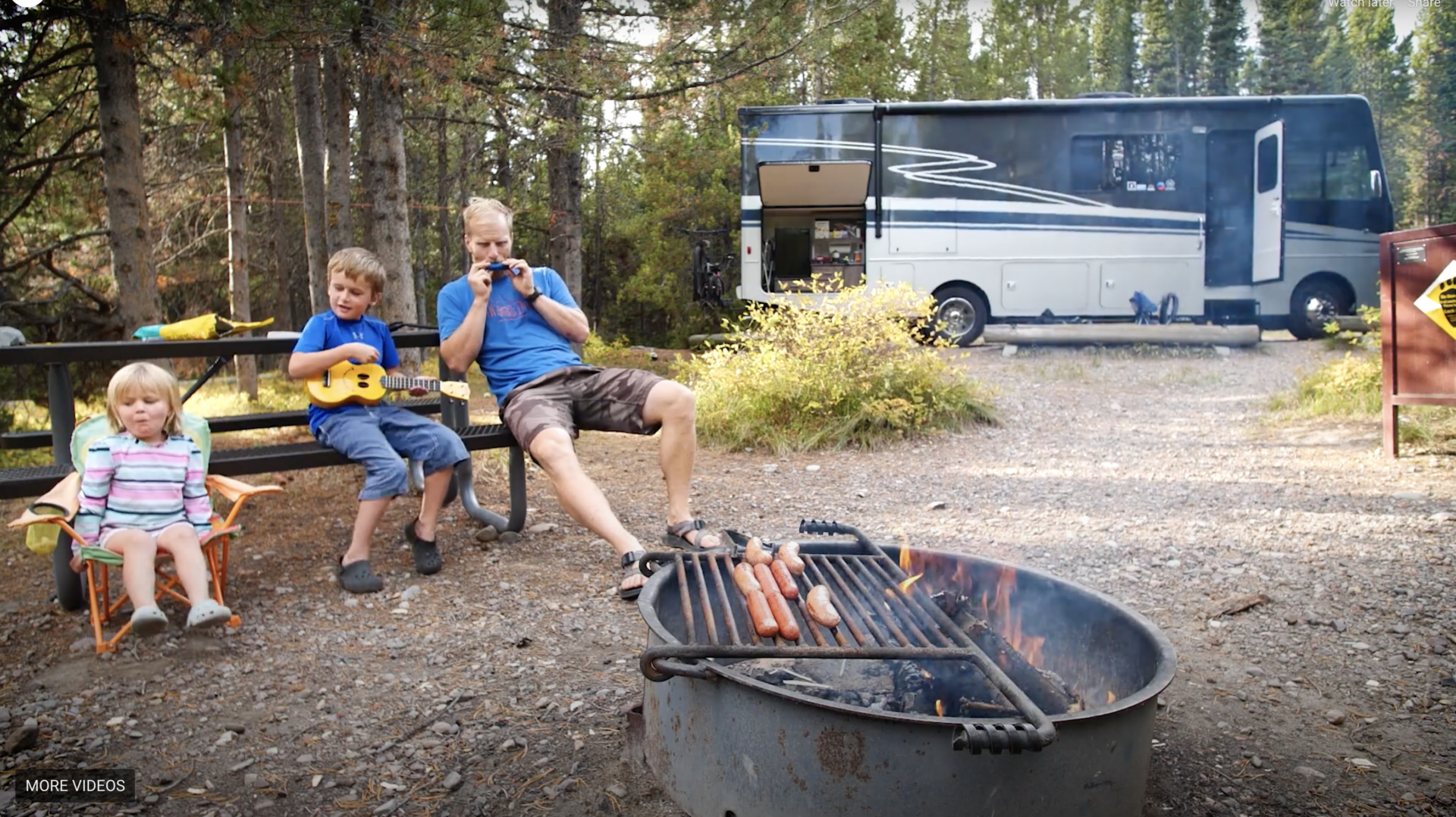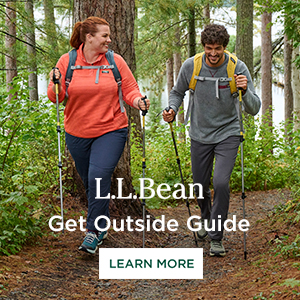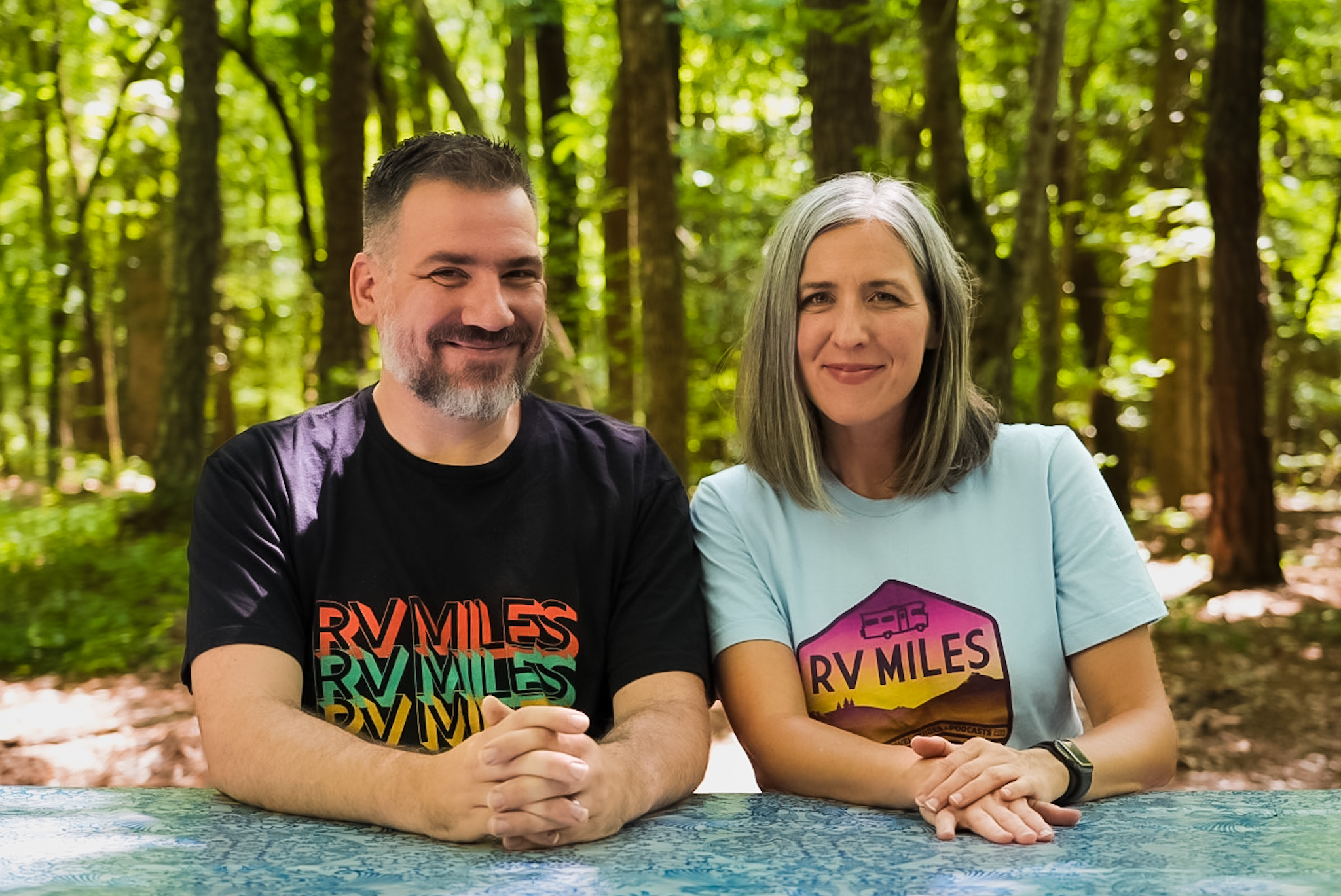A New Mexico official caused quite a stir recently when he tried to explain the state’s 14-day quarantine rule in a live interview with a local TV station.
New Mexico (and many other states and municipalities) currently requires that you self-quarantine for 14 days upon entering the state due to the coronavirus. These laws have caused many would-be travelers to ask if they’re required to stay in the state for a minimum of 14 days before moving on—a task that would make traveling very difficult.
A WFAA TV host asked David Morgan, spokesperson for the New Mexico Department of Health to clarify. “If you are entering our state, and you are staying the night, you’re actually going to be staying for 14 nights, because you are a part of our self-quarantine requirement for anybody entering our state,” he said.
“If you were just driving from Texas to Colorado and you needed to spend the night in northern New Mexico, you can’t now without spending 14 days quarantined?” the host prodded. “That is indeed the case,” Morgan replied.
RVTravel.com caught the story and published it on their website in an article that has been circulating social media.
Morgan is dead wrong. The New Mexico order reads: “Any individual traveling to the state must self-quarantine for 14 days or for the duration of their trip in New Mexico, whichever is shorter.”
Indeed, Morgan admitted the mistake and RVTravel.com has updated the article, but the word-of-mouth is spreading.
Rationally, there’s no reason New Mexico should want to force people to stay in their state, and in fact, they couldn’t if they wanted to. The whole reason the quarantine rules exist is due to the fact that it would be unconstitutional for governors to restrict travel across state lines. They came up with the 14-day quarantine as a way to both protect residents and discourage visitors.
So what do you actually have to do during a quarantine? You stay in your RV or in your campsite. You don’t go to places where people are. No laundromats, no gas stations, no grocery stores. No walks around the campground. You’re expected to have groceries and necessities delivered to you. Some states are allowing you to avoid quarantine if you have a recent negative COVID-19 test result.
Quarantines have many people asking “how do they enforce it?” And, setting aside that enforceability shouldn’t be the bar you set when you decide whether to break the law, states are actively engaging in tactics to keep tabs on travelers. This is a whole lot easier for air travel, but don’t be surprised if you start hearing about campgrounds and lodging under surveillance. In some cases, the fines are steep. In others, they amount to a slap on the wrist.
As difficult as it is for many people to accept some of the restrictions put in place recently in the name of public health, we suggest that RVers should live to a higher standard, and should recognize that they’re entering communities that have varied challenges. It’s our responsibility to take our shoes off in someone else’s home, even if they don’t ask us to. Honor quarantines or avoid them. Wear a mask in public spaces, use hand sanitizer before entering buildings and restrooms, and keep 6 feet or more apart. It’s the least we can do.

